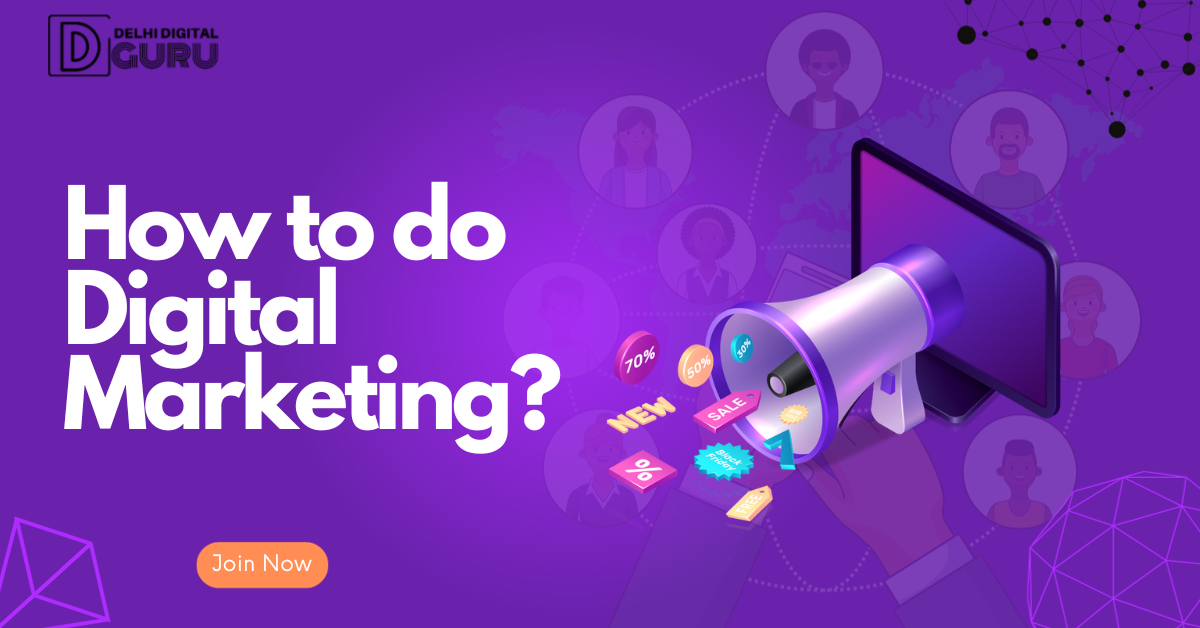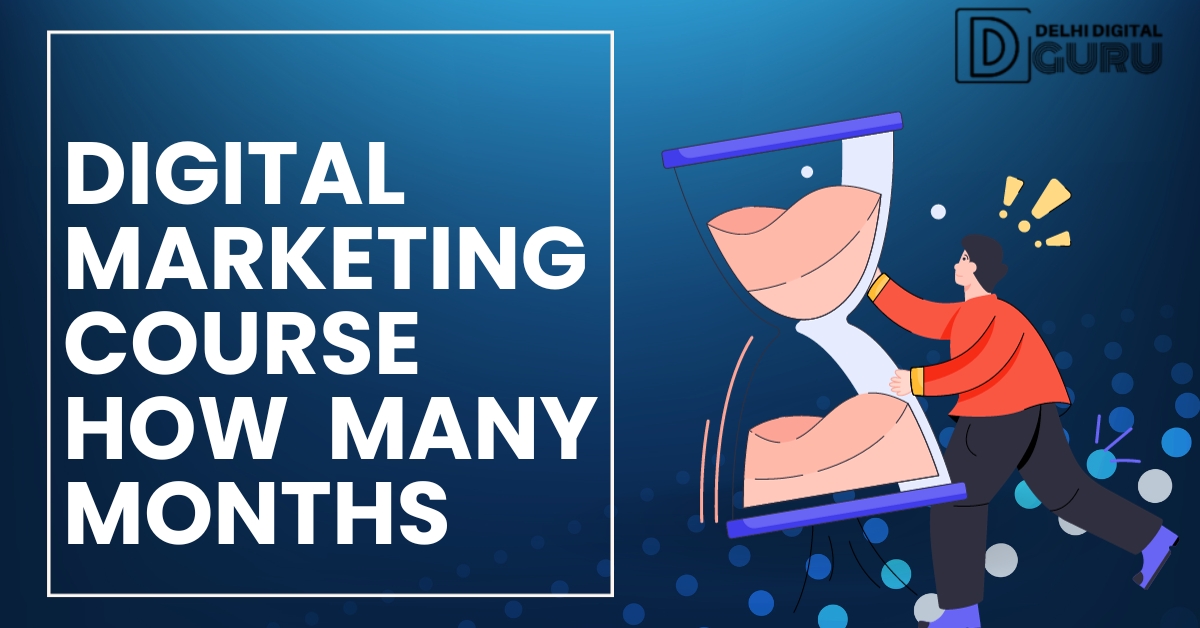How to get jobs of after course social media. We are provided with an understanding of their Social Media works and jobs.
Social media was once mostly just for fun, but not anymore.
Because people utilize social media to find available employment and earn money. Today, social media is an important aspect of how people connect in most spheres of life and how work is done in organizations and in government. After completing a course, on how to use social media demonstrate the significance of social media.
Social media allows you to do at least four important things:
- Discover new ideas and trends.
- Connect with existing and new audiences in deeper ways.
- Bring attention and traffic to your work.
- Build, craft, and enhance your brand.
How will you get after the course job?
First of All, you will learn about social media work and how to do proper work in a company/agency then you can research company details if how is an old company then apply with a resume.
Many types of jobs are available after the course on Social Media in India
| Position | Description | Average Annual Salary (USD) |
|---|---|---|
| Social Media Manager | Oversees all aspects of a company’s social media presence | $95,000 – $165,000 |
| Social Media Specialist | Executes social media strategy, creates content, and engages with followers | $54,000 – $85,000 |
| Social Media Content Creator | Develops engaging content (photos, videos, graphics) for social media platforms | $28.36 per hour |
| Social Media Analyst | Tracks and analyzes social media data to measure campaign performance and identify trends | $42,062 |
| Social Media Consultant | Provides expert advice and guidance on social media strategy to businesses | $49,398 |
| Public Relations Manager | Manages a company’s public image and builds relationships with the media, often with a social media component | $61,940 |
| Digital Brand Marketing Strategist | Develops and implements overall digital marketing strategy, including social media | $74,000+ |
Have you ever been tasked with producing or updating your company’s marketing strategy? It’s easy to get over with information and advice — should you focus on making communication signage, talking to potential leads at an industry event, or developing an exclusively digital strategy?
ORM (Online Reputation Management)
ORM Executive is responsible for monitoring, connecting, conversing, engaging, and enhancing the brand’s online reputation. Being a representative of WA Consult aids its clients by acting as a central point of contact for leveraging the brand’s online reputation; to support various objectives for reputation, branding, and audience engagement.
Mainly Jobs in two types of Social Media-
Thankfully, inbound and outbound marketing are two general marketing ideas that might assist you in limiting your reach. These two main marketing methods are among the most popular, and they each have unique uses, advantages, and difficulties.
We’ll examine an overview of inbound and outbound marketing, show examples of how to use each strategy and discuss the advantages and disadvantages of each approach in this post on how to acquire jobs after taking a social media course.
Inbound Marketing
Inbound marketing is focused on attracting customers to your products and services. Your best prospects are searching for products online — up to 75% of consumers begin their shopping journey online. They begin by searching for products, services, or content to fulfill a need or solve a problem.
As such, your content should explain how your products or services will resolve their issues, answer key questions in their niche industry, or satisfy their needs.
There are many ways to do this, including blogs, video content, guidebooks, and more. Each of these content pieces can also serve as a way to differentiate your product from the competition.
Embed product comparisons, amazing testimonials, competitive pricing, and outstanding reviews into your podcast, social media posts, or reports. Keep in mind that prospective customers should receive thoughtful content at various points throughout their buying journey that is varied in material but consistent in messaging.
Outbound Marketing
Outbound marketing is the opposite of inbound marketing, where the customers find you when they need you. Examples of inbound marketing include content marketing, blogging, SEO, and opt-in email marketing.
In addition, paid search advertising is considered inbound marketing, because your ads only appear when people are searching for products or services that you offer.
Outbound marketing is generally harder to track and less profitable than inbound marketing, yet ironically, organizations still spend as much as 90% of their marketing budgets on outbound marketing.
Organizations looking to improve their sales and return on marketing spend would be well advised to reallocate an increasing percentage of their marketing budget to inbound marketing techniques.

How to get jobs in SMM and SMO
For freshers, it is difficult to get a Social Media job without any experience. So you need to start from the basics like learning what is SEO, SMO, and SMM, and joining a professional digital marketing course so that you can join a company and start your career.
What do you remember before going to social media jobs?
1. Confirm Your Career Choice
Social media roles are often autonomous, and they can be unstructured and fluid due to the constantly changing nature of technology. If you’re after a steady job with no surprises, a social media career may not be the best choice for you.
2. Be Aware
Investigate all the popular and niche social media channels, and become proficient on at least four to five different sites. Find out what other sorts of programs and applications could add value to your skillset (such as a basic knowledge of HTML). Get familiar with the terms and language specific to the sector.
3. Educate Yourself
Formal qualifications and professional exposure don’t need to be a full-time affair. Think about short courses, attending conferences in the social media space, and networking events as ways to pick up new insights and strategies. Even better, shadow a social media expert to gain a good insight into the day-to-day responsibilities of the role.
4. Learn on the Job
Many professionals with expertise in social media have made the transfer from a related sector. See how you may participate in social media projects in other areas of your department and develop a social media career for yourself in your current function if your skillset and profession already have a marketing, journalism, or advertising skew.
5. Demonstrate Your Passion
Those who succeed in this emerging field have a real belief in new communication channels, technologies, and ways of working. Make sure you’re a personal advocate for the value that social media can bring to an organization—be it a small, family-owned operation or a corporate blue chip.
6. Grow Your Network
What better way to cement existing relationships and extend your network than by connecting online? Make sure that when someone views your profile, you’re connected to industry experts and influencers.
Not only will their expertise add value to your growing skillset, but being well-connected in the online space is a definite advantage if you’re interested in a social media career. Various sites make managing these relationships simple but make sure you also attend events and seminars to build solid relationships in real time.
7. Offer Your Skills for Free
The best way to demonstrate your skill is to put all that theory into practice. Offer a few businesses in your industry or neighborhood a free social media study if you’re just starting out on your own.
Participate in your friends’ enterprises as much as you can, and keep track of the actions you took to succeed. Offer your expertise and time as a volunteer for any internal social media projects if you are already a member of a sizable marketing department. You’ll be at the top of your employer’s list when a social media opportunity presents itself.

What qualifications do I need to work in social media?
Qualifications for Social Media Manager
- 3-5 years of social media management experience.
- Bachelor’s degree in business, marketing, journalism, public relations, or a related field.
- Professional certification in Google Analytics is strongly preferred.
- Proficient in using multi-social posting programs such as Hootsuite and HubSpot.






Leave A Comment